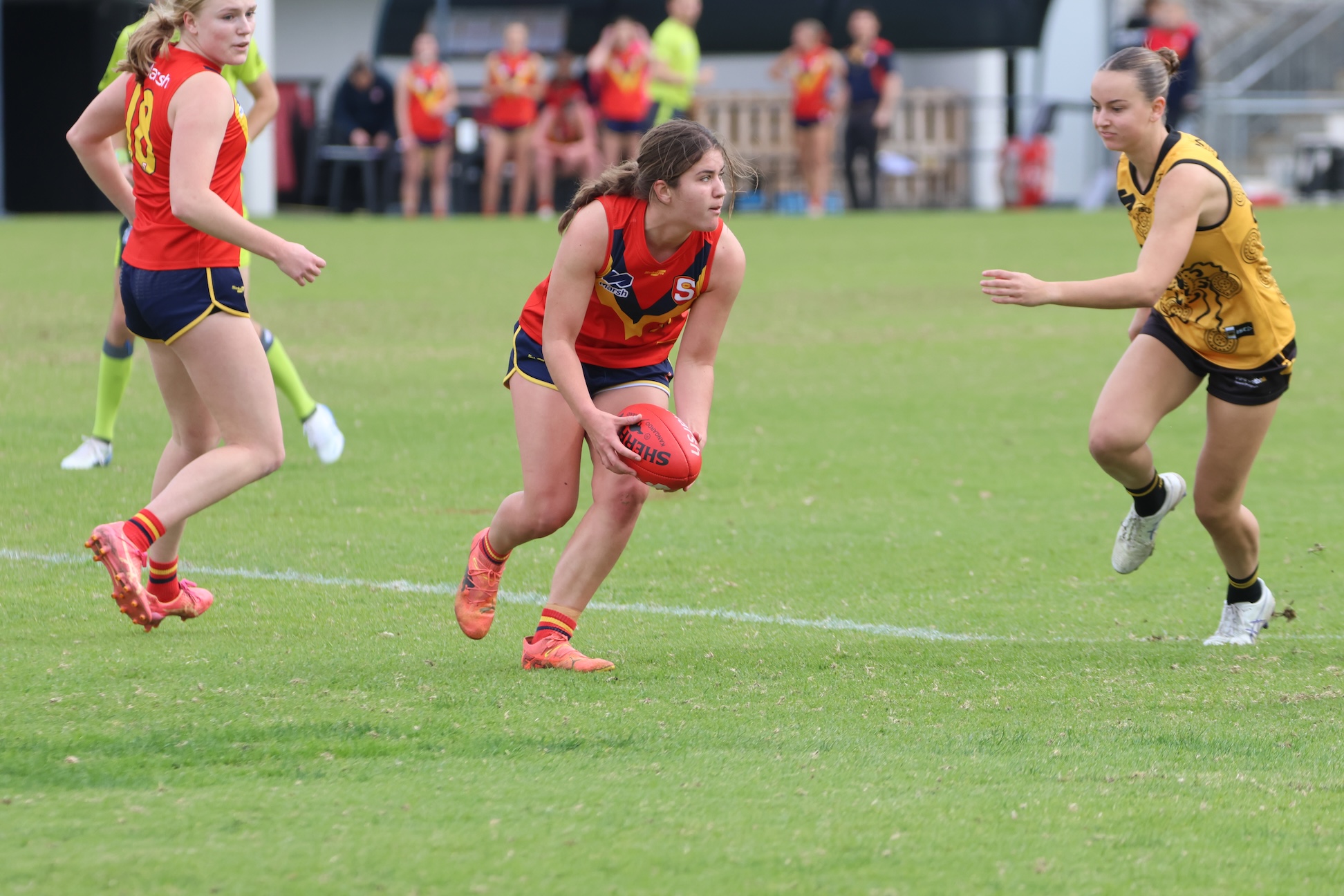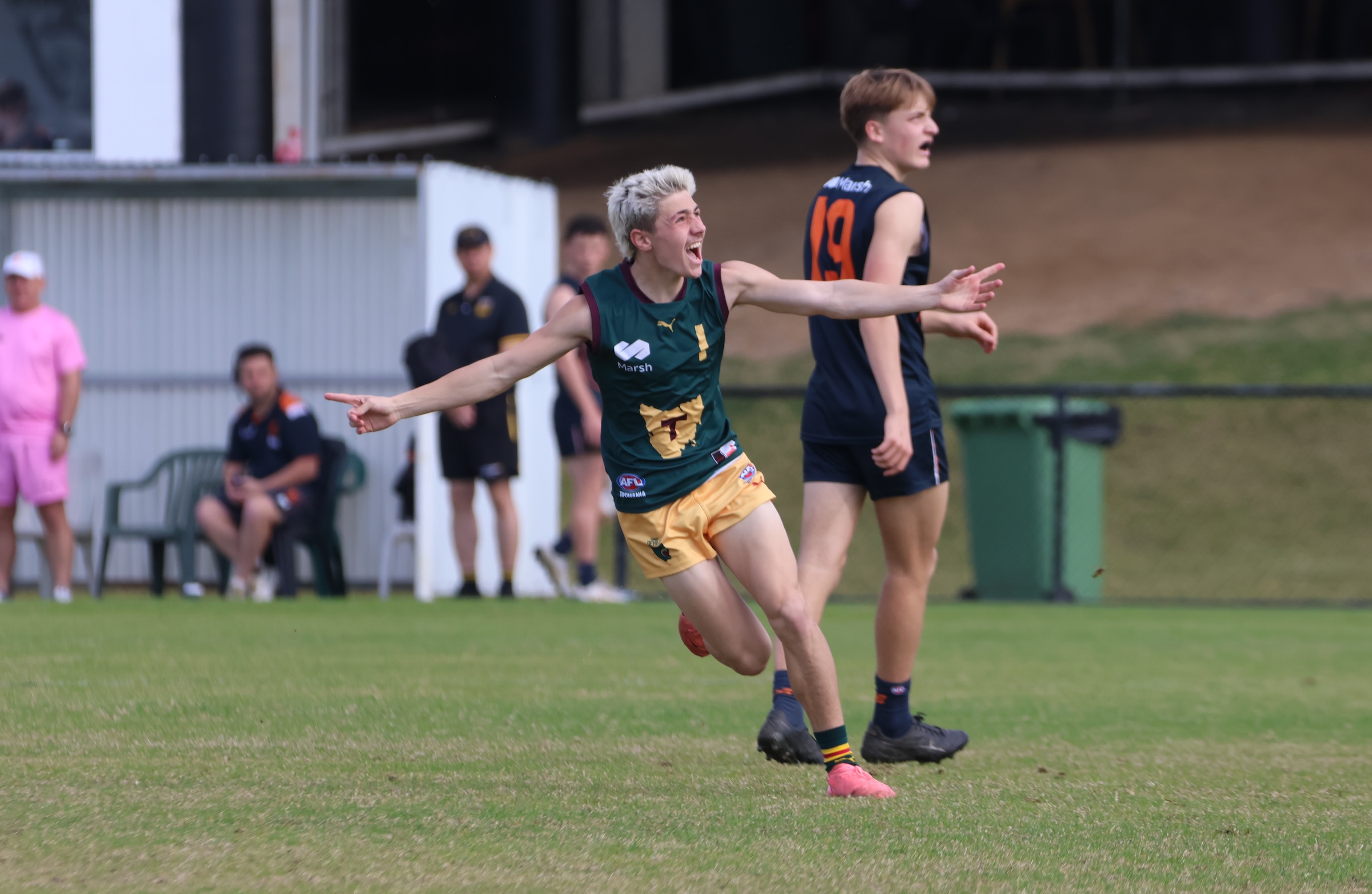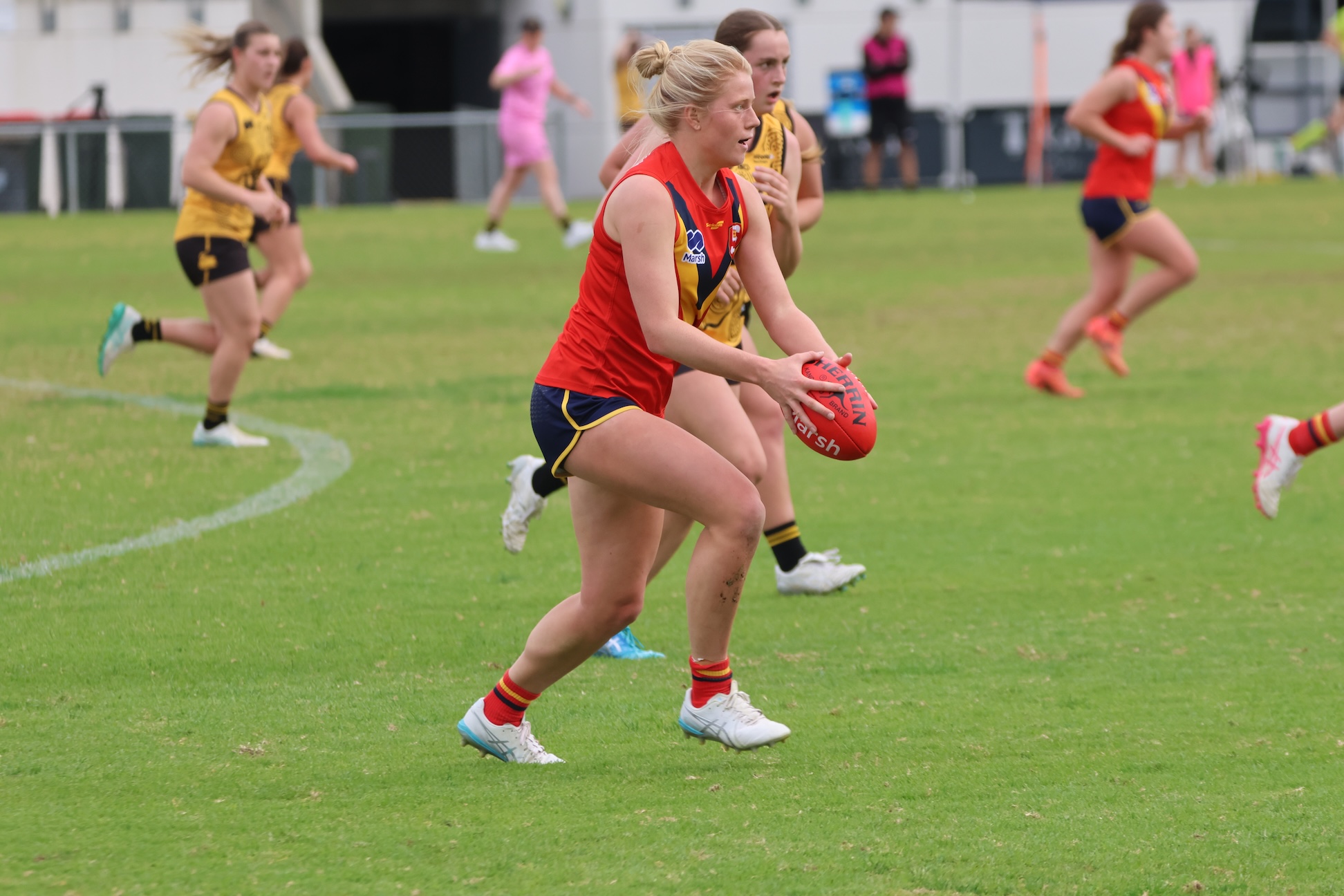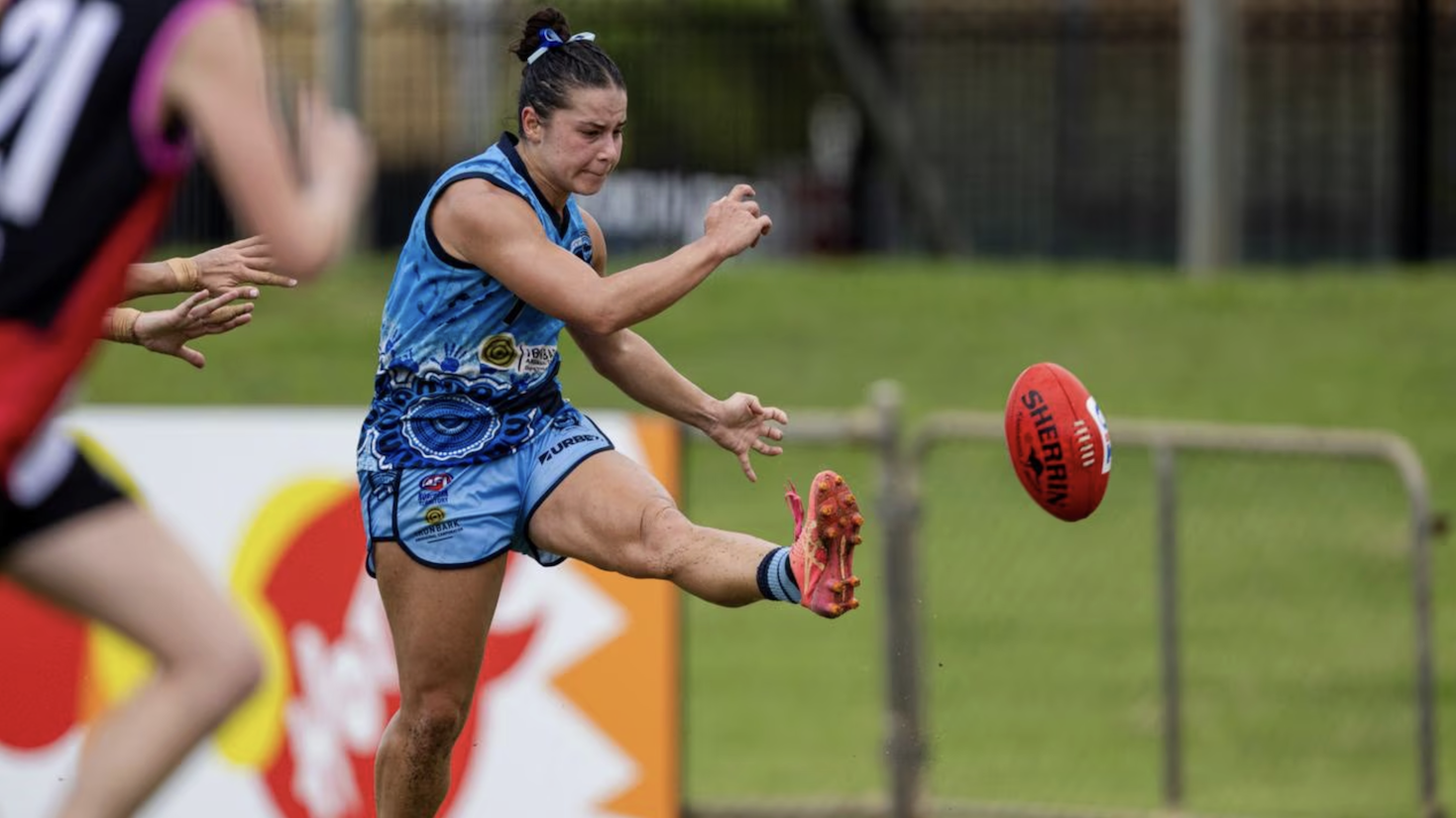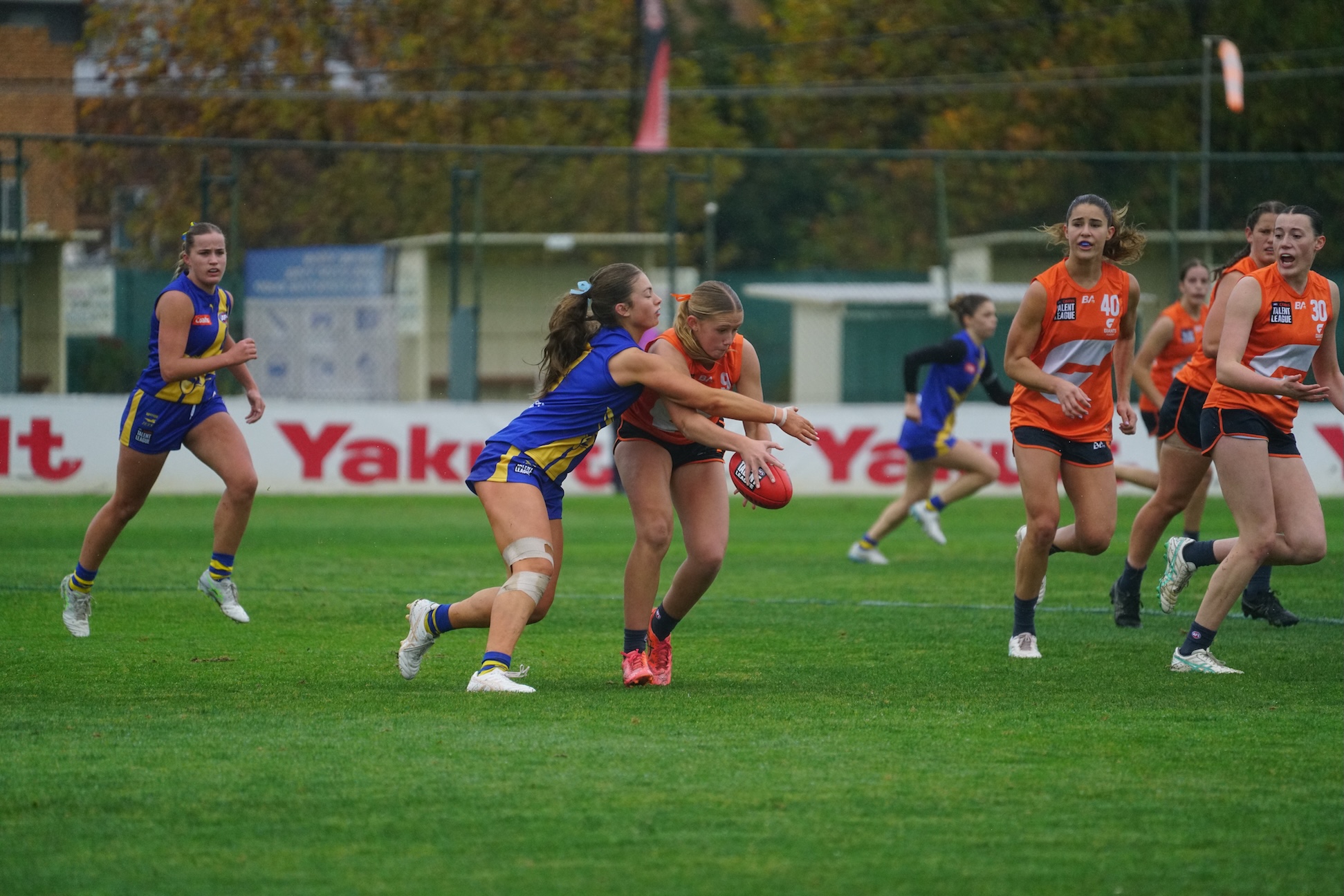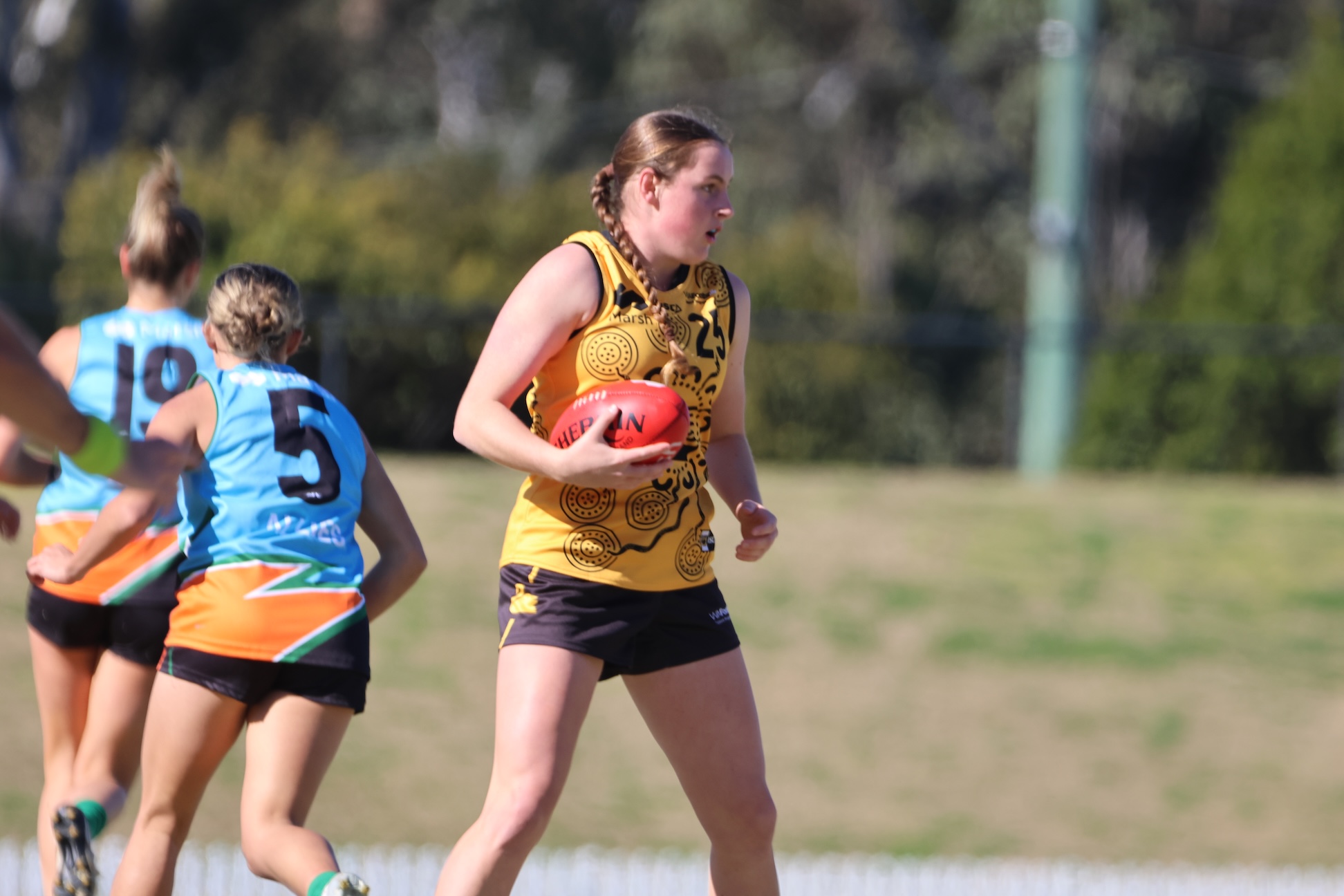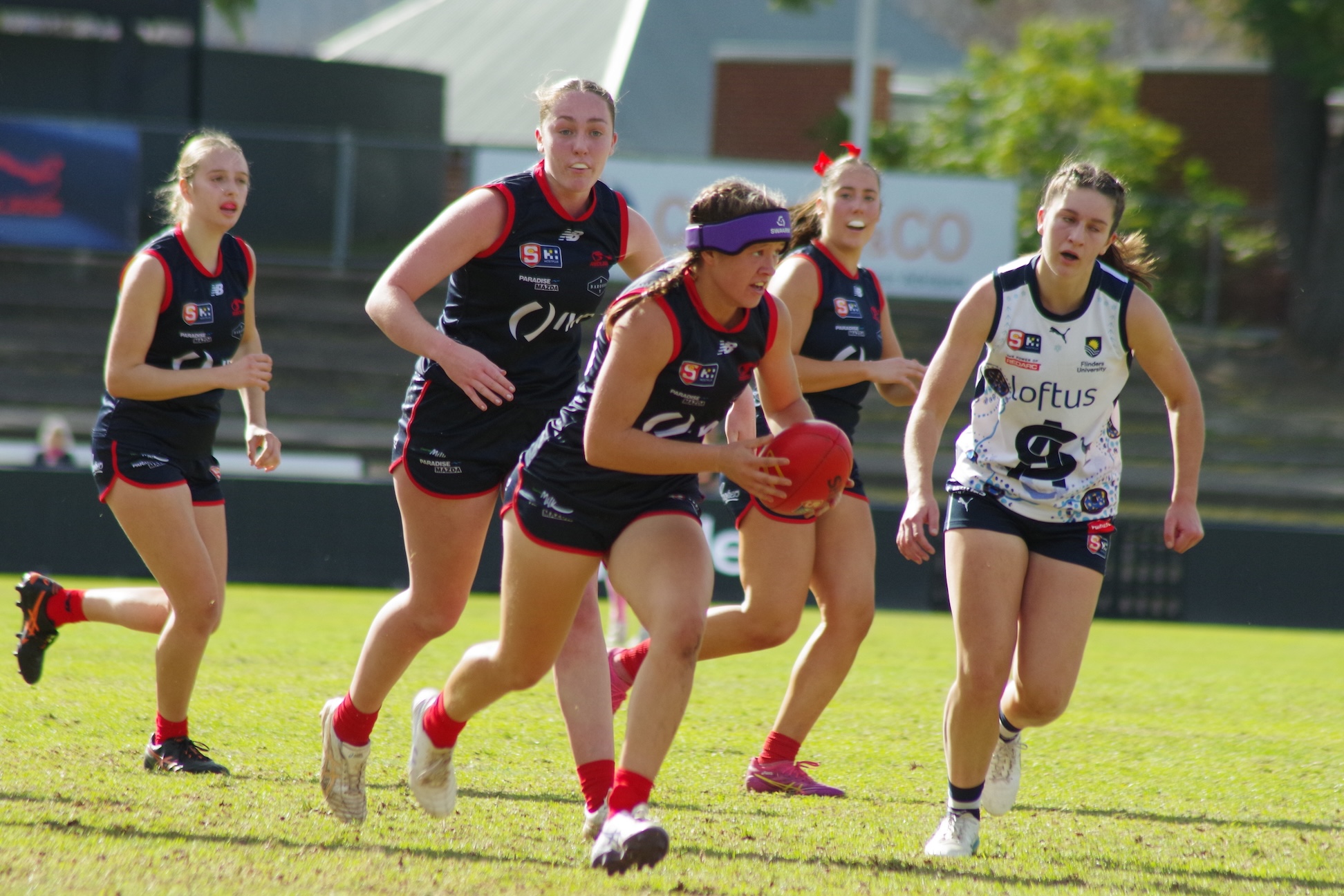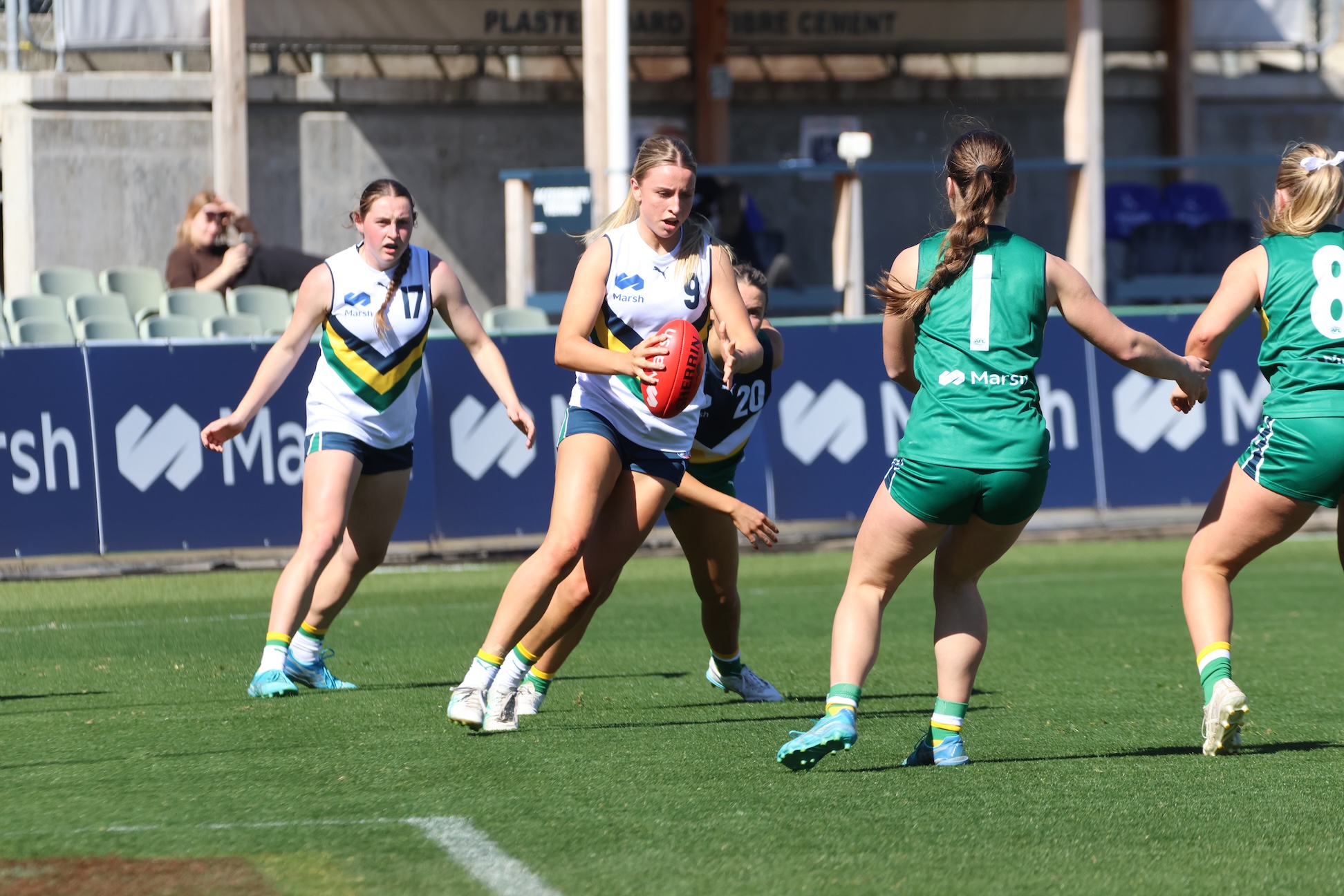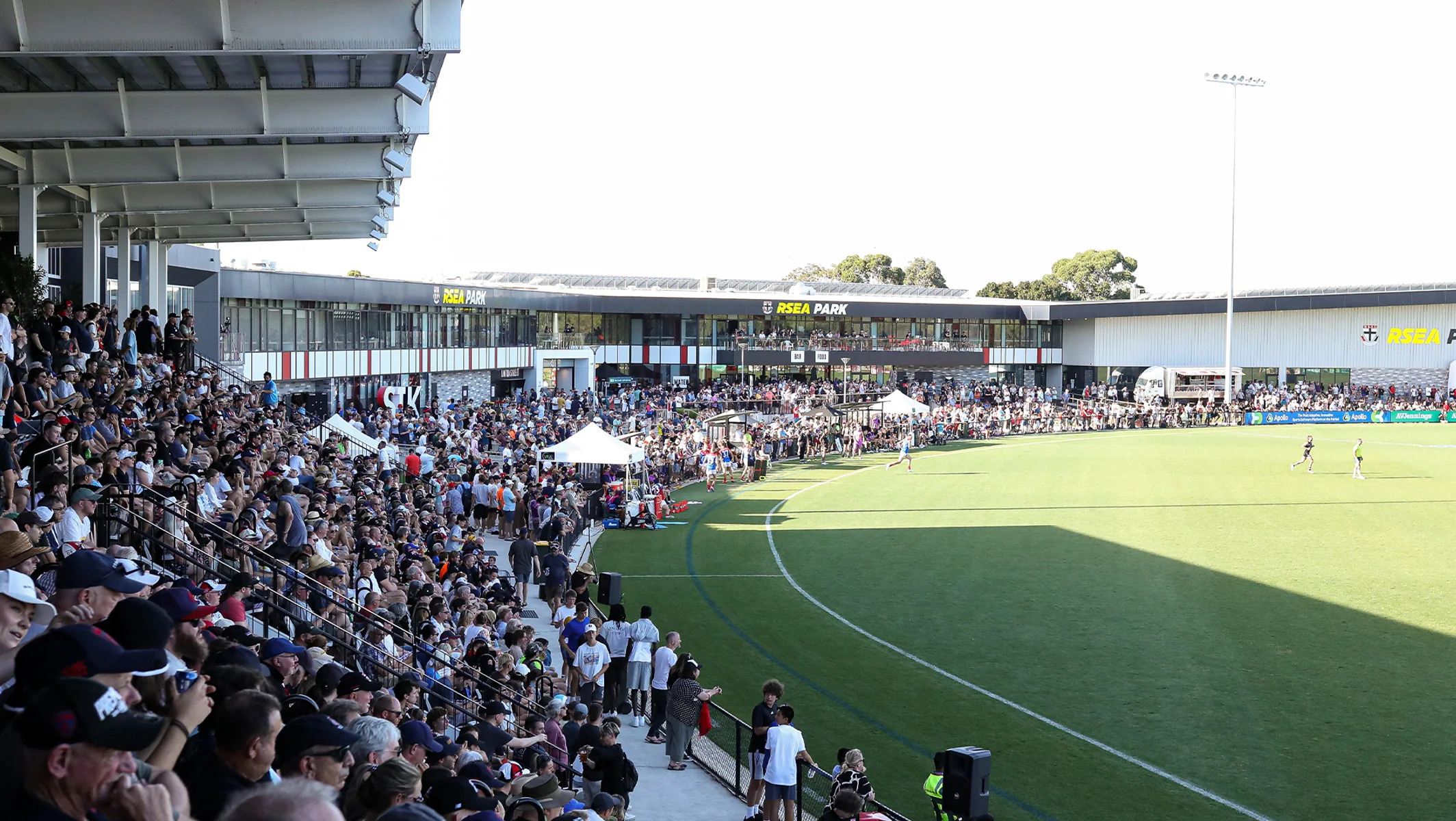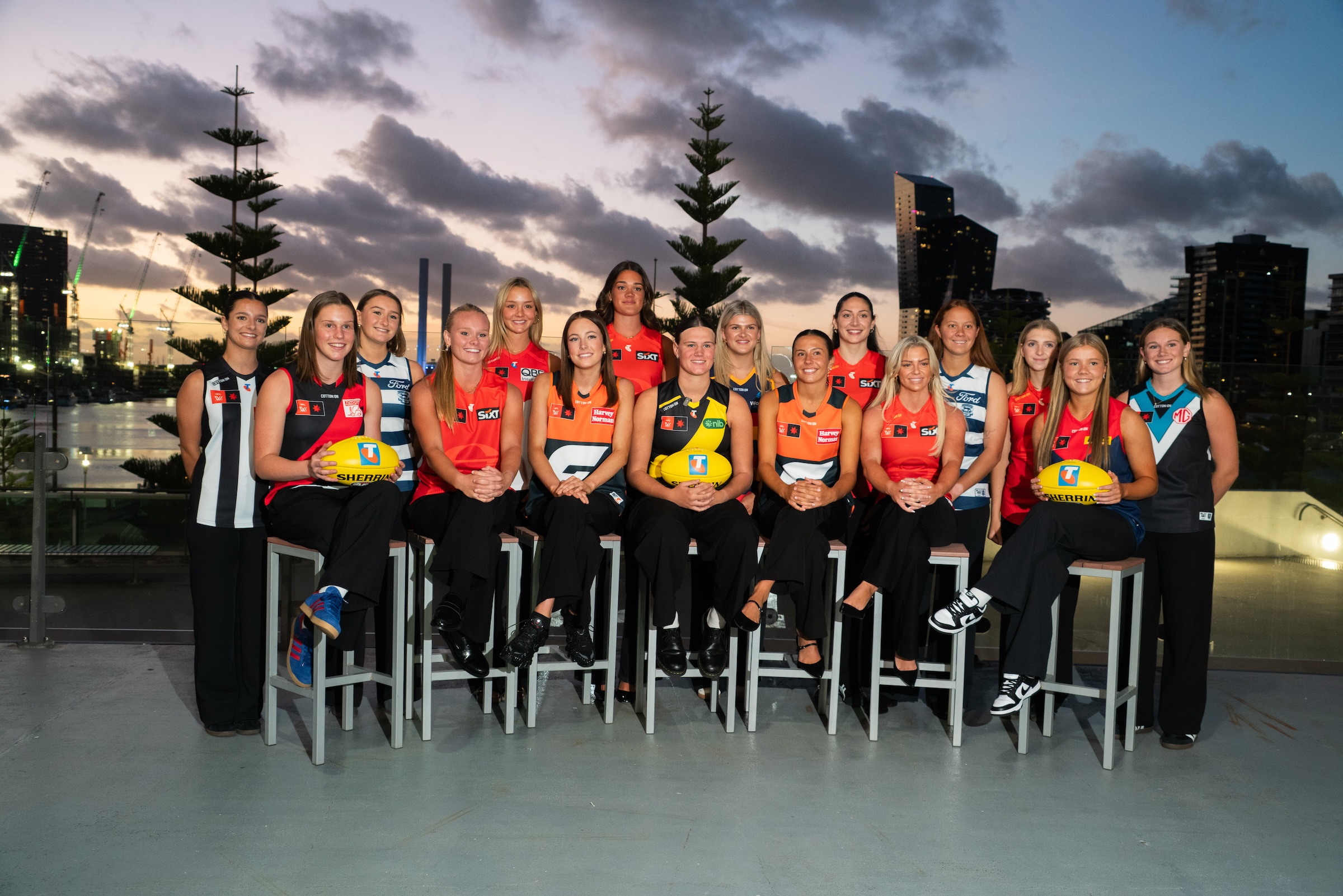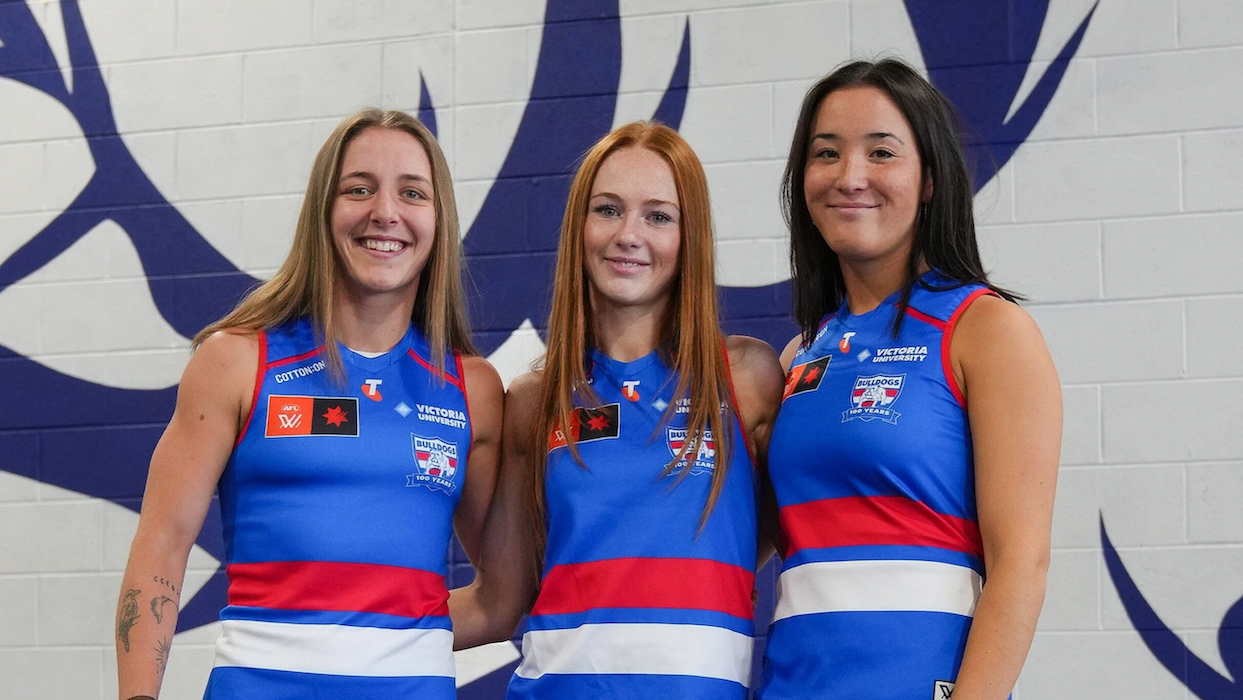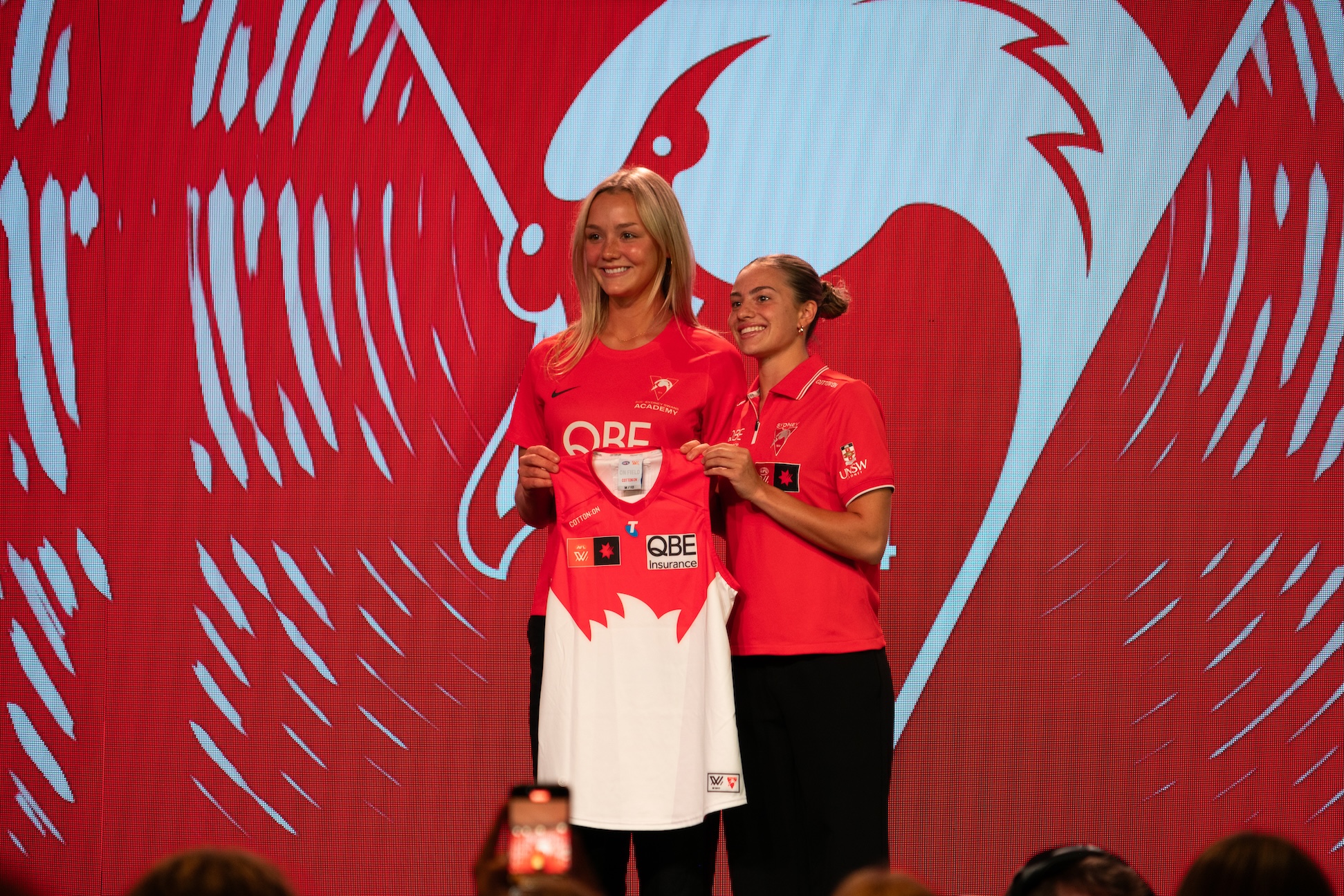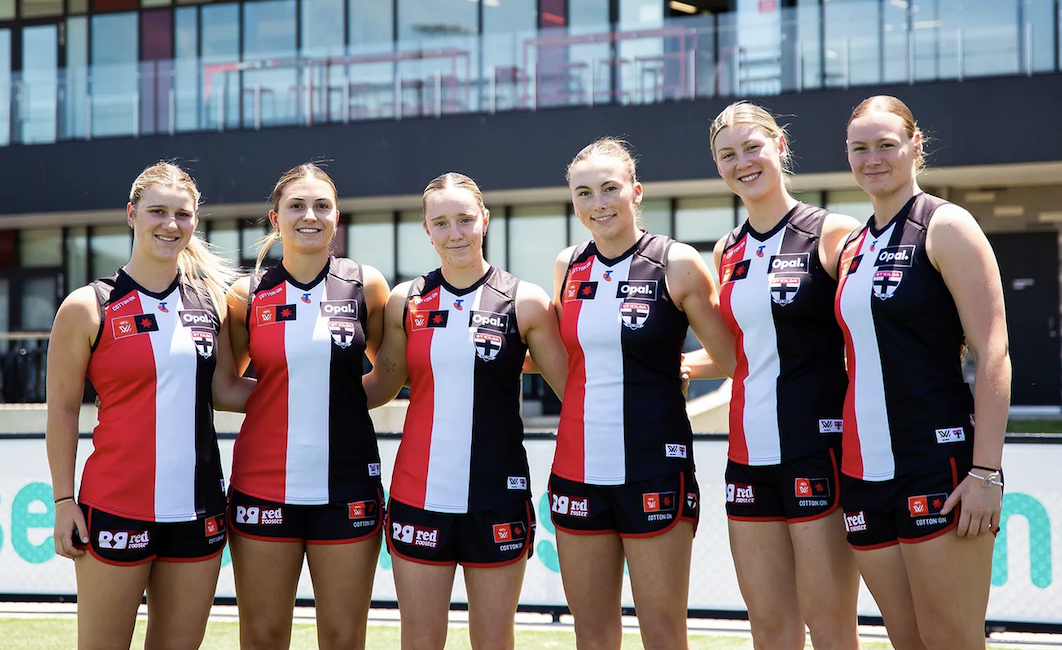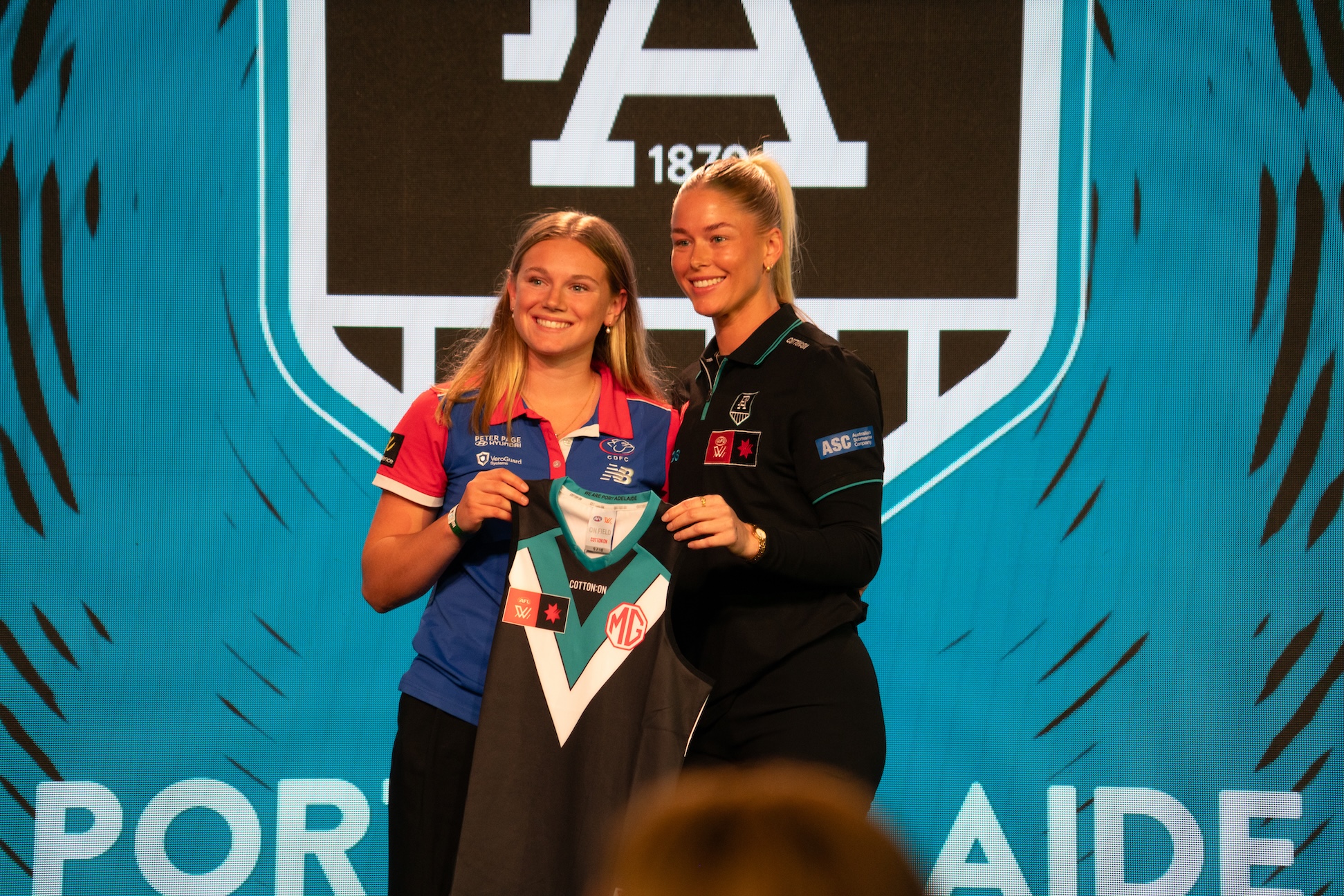The COVID-19 pandemic has forced a seismic shift in the way teams have to travel to interstate matches.
Instead of teams travelling the day or two days before, spending some time acclimatising to the conditions and then playing, an interstate game now often means a fly in, play and then fly home on the same day situation.
Needless to say, this can be exhausting for all involved, but how much of an impact could it be potentially having on the final result? Let’s see if we can work that out.
Counting to Round 6 of the current season, there has been quite a lopsided win-loss ratio for teams who have to travel interstate to play the match.
There have been 20 matches this season where at least one team playing in the match has had to make an interstate trip in order to play.
In three of those matches, both sides had to travel interstate to a neutral state in order to play the match – the West Australian teams travelling to play Gold Coast and GWS in Round 2, and Round 5’s match in Hobart between North and Fremantle – these matches have not been counted.
Of the remaining 17 matches, only six of the travelling sides won their respective matches, compared to 11 of them that lost. That’s quite a gap.
The most lopsided round was Round 4, where all four travelling sides (Western Bulldogs, Melbourne, Geelong and Richmond), all lost. By contrast, there has not been a single round this season where all the travelling teams earned wins.
Some may say that surely the quality of the team plays a part in all this? Well, let’s take a look at that too.
The teams who are normally considered stronger have quite vastly different travel records.
Again, not including the games played on neutral ground, teams like Adelaide have won all their interstate games, teams like Brisbane and Collingwood have won 50 per cent of them, and teams like Melbourne haven’t won any. To be fair to the Dees, they’ve only had one interstate game and it was against the mighty Crows.
Then, amongst the other sides it’s a little bit more consistent. Sides like Geelong have travelled multiple times this season and still haven’t won one of them, GWS has travelled thee times for only one win, and the likes of Richmond, Carlton and Gold Coast all have zero per cent winning records in these matches, but only travelled once.
What may be surprising to some is that this is not a new thing.
If we take a look back to 2020, which was the last pre-pandemic AFLW season, we see a similar pattern.
In that season, there were 23 matches in the regular season where at least one team travelled interstate, and three finals. In the regular season, the win/loss ratio was 8:15, and in the finals the ratio was 1:2.
So whatever the ultimate reason is for it, you cannot deny that there is a stark contrast in the win/loss ratio of travelling sides this season. Time will tell if this trend continues.

